Emirates President Says Airbus A350-1000 Is "Of Interest"
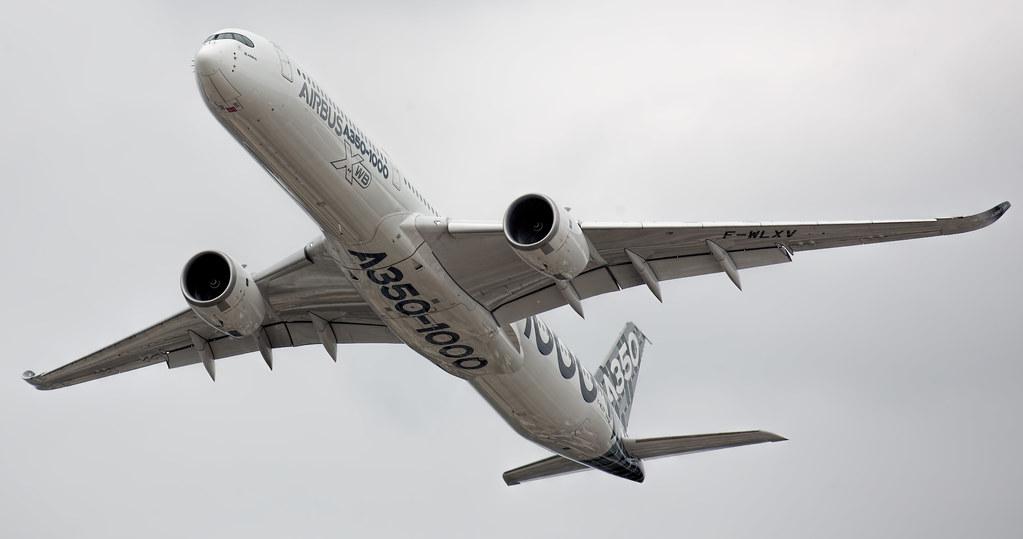
Emirates President: Airbus A350-1000 "Of Interest" Amid Fleet Strategy Review
Emirates President Tim Clark has signaled renewed interest in the Airbus A350-1000 as the airline evaluates future fleet options. With Airbus showing little inclination to revive A380 production and Boeing’s 777X program facing ongoing delivery delays, the A350-1000 stands out as a potential solution for Emirates’ high-capacity, long-haul needs. The aircraft offers seating for up to 480 passengers, a range of 16,482 km (10,241 miles), and is powered by fuel-efficient Rolls-Royce Trent XWB-97 engines.
Evaluating the A350-1000 for Emirates
Speaking to Aviation Week, Clark stated, “The A350-1000 is of interest to us. We have done a lot of work in defining what the aircraft is going to look like inside and which kind of mission we are putting it on.” However, he also raised concerns about the maintenance demands of the XWB-97 engines, questioning whether they could reliably meet Emirates’ operational requirements of 2,000 to 2,500 flight hours per cycle. Rolls-Royce has responded by emphasizing ongoing investment and improvements in the engine program, and as of August 2024, has secured 108 XWB-97 orders globally.
Clark reiterated to aviation journalist Sam Chui that Emirates’ decision will hinge on the XWB-97’s ability to deliver 2,500 cycles, maintain range, and keep maintenance costs reasonable. These technical and operational factors will be crucial as Emirates weighs the A350-1000 against other options, including Boeing’s 777X—a competitor that could influence both market dynamics and Emirates’ final choice. Industry observers note that market reactions may be mixed, with rival airlines likely to tout their own fleet strategies in response to Emirates’ deliberations.
Current A350-900 Operations and Fleet Considerations
Emirates already operates the Airbus A350-900, with three of 65 ordered aircraft currently in service. Clark has praised the A350-900, describing it as “a dream” to operate and noting that its Rolls-Royce XWB-84 engines are not overstressed. However, he has also questioned whether the A350-900’s capacity is sufficient for Emirates’ needs, suggesting that the larger A350-1000 could be a better fit for certain routes.
It is important to note that while the A350-900 and A350-1000 share visual similarities, they are powered by different engines: the A350-900 uses the XWB-84, while the A350-1000 is equipped with the more powerful XWB-97. This distinction is central to Emirates’ evaluation, as engine performance and reliability are key considerations for the airline’s demanding long-haul operations.
Strategic Implications for Emirates
The A350-1000’s range and capacity align well with Emirates’ global hub model out of Dubai, potentially allowing the airline to serve nearly any destination worldwide. Introducing the A350-1000 could provide a high-capacity, fuel-efficient alternative to the A380 on select routes, optimizing both operational efficiency and environmental performance.
As Emirates continues to assess its fleet strategy, the outcome may hinge on how effectively Airbus and Rolls-Royce address the airline’s technical concerns—and how Boeing’s 777X program progresses. The decisions made by Emirates could influence broader market trends, with competitors and manufacturers closely watching the airline’s next move.
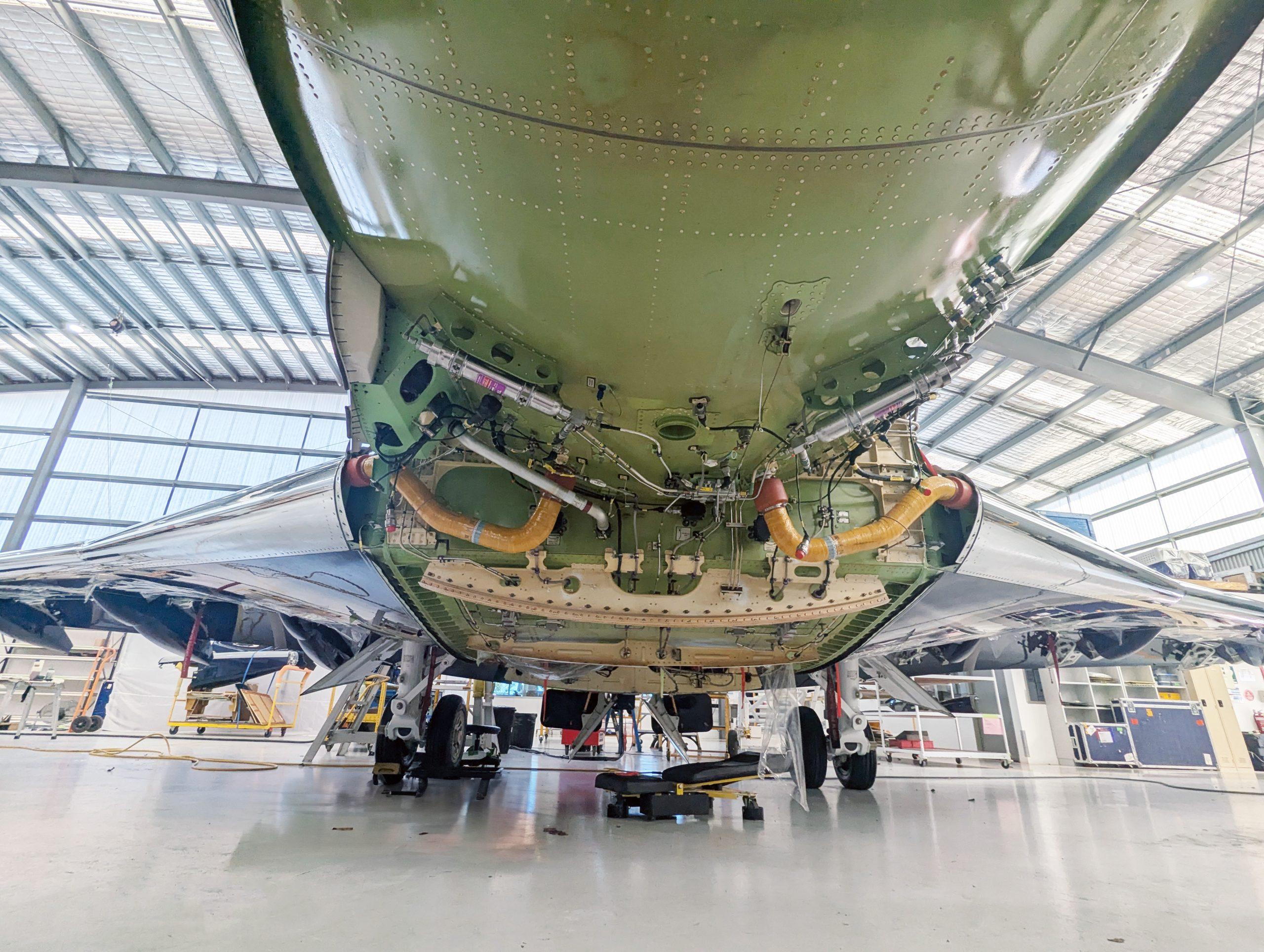
ExecuJet MRO Services Australia completes 1st Embraer Legacy 500 120-month check

Explosives in cargo, no engineer at arrival: What officials found on Turkish Airlines planes at Delhi, Bengaluru, Chennai, Hyderabad airports | Delhi News
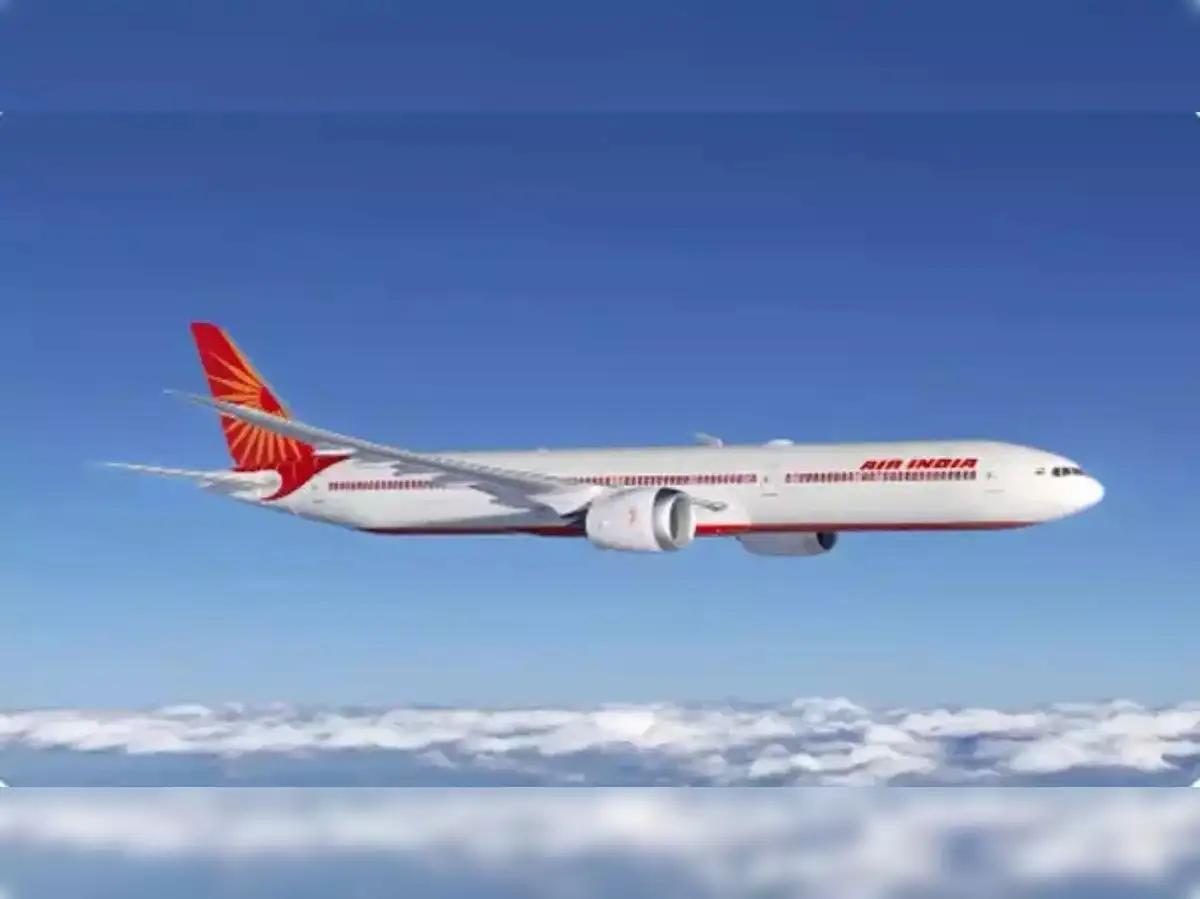
Airbus Prioritizes 1200+ New Deliveries to IndiGo and Air India
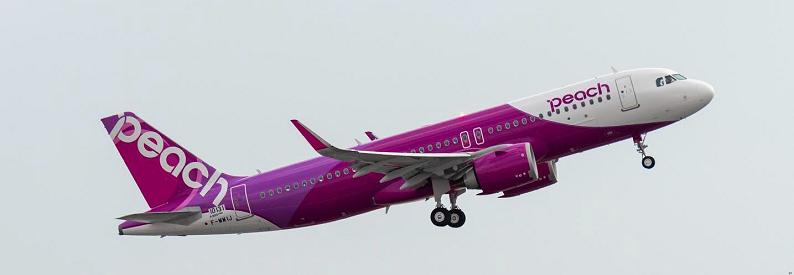
Japan's Peach Aviation leases hangar for business jet ops
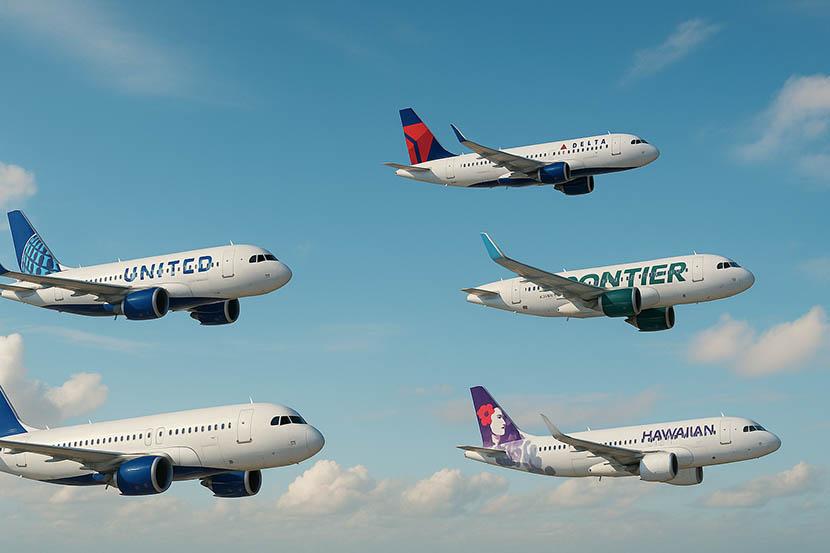
United Airlines Joins with American, Delta, Frontier, Hawaiian in Delivering Airbus Orders, Electrifying Future of US Air Travel - Travel And Tour World
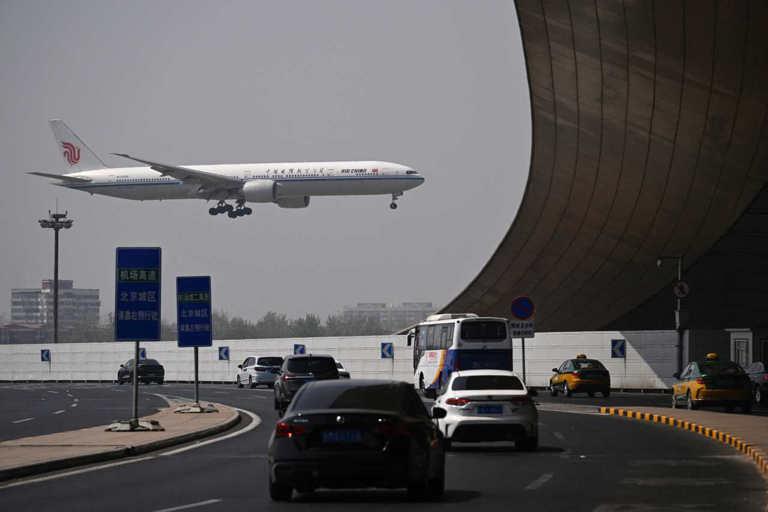
Boeing Stock Dips. Airbus May Have Won a Big China Order, Report Says.
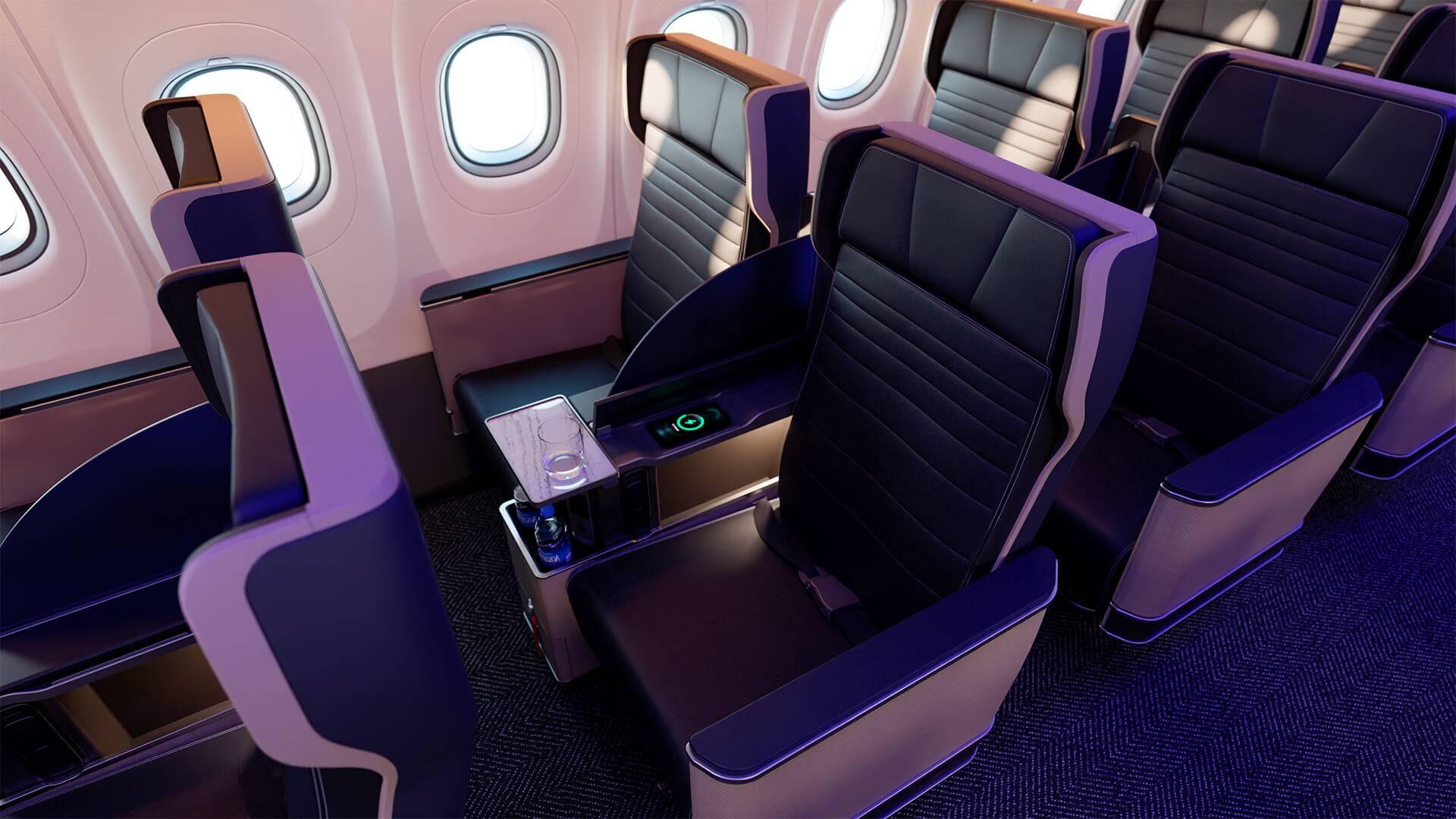
United Airlines Silently Orders 40 Airbus A321neos
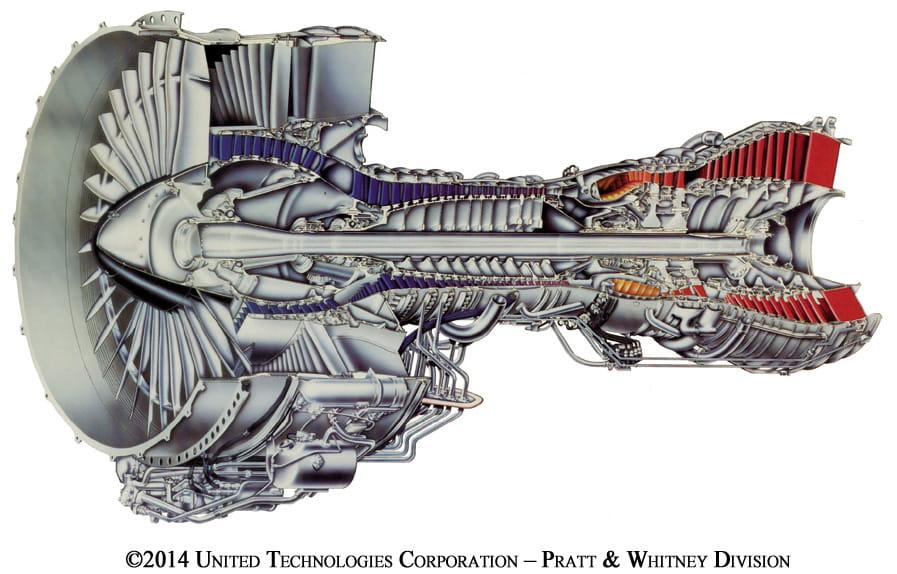
US FAA proposes PW2000 checks over metal contamination
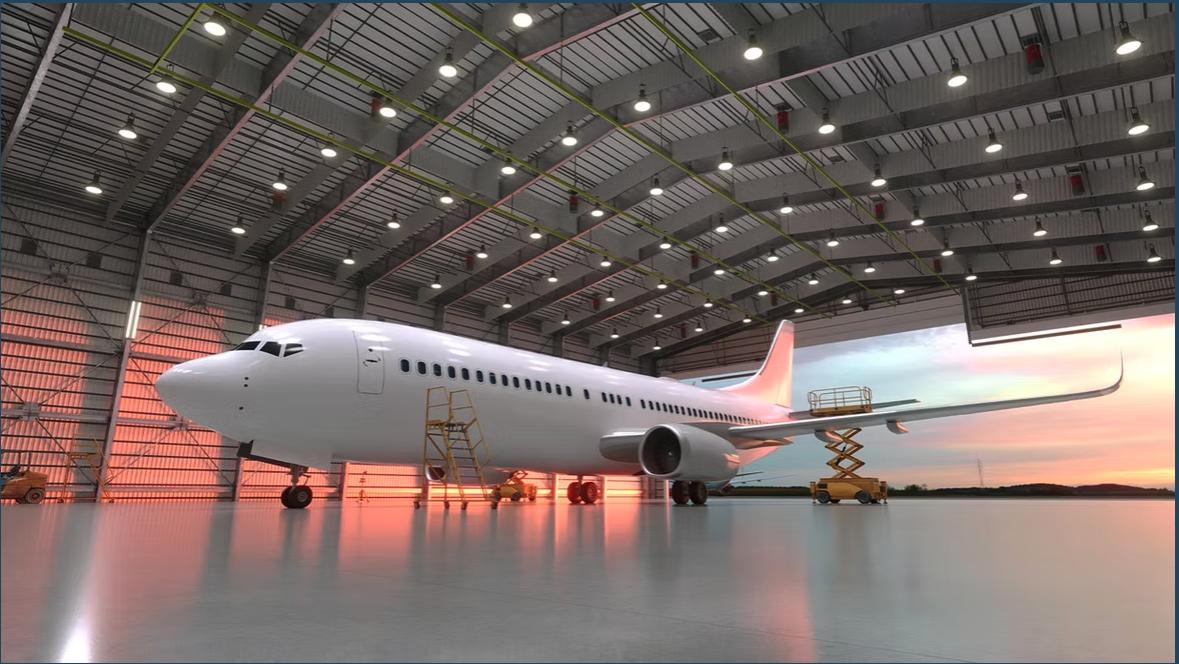
We Fix Big Planes: Company to Bring 250-300 Jobs to Lakeland Airport
